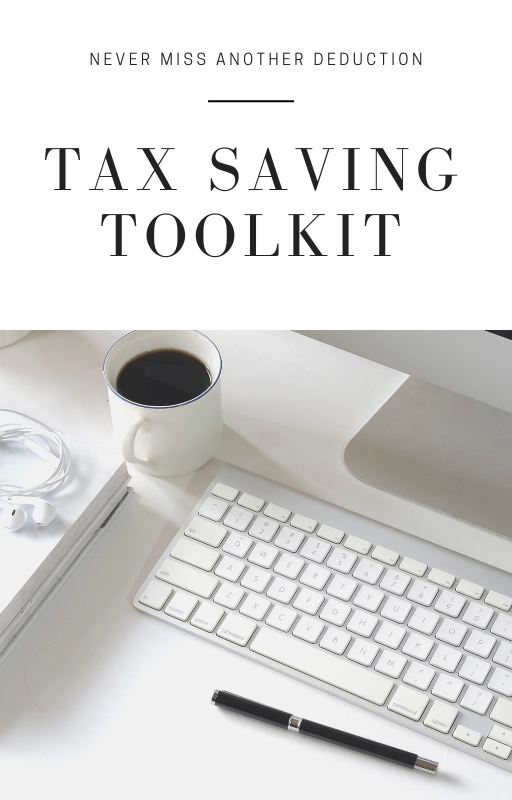Operating your business from home has become a prevalent aspect of modern work life. However, many are unaware of the potential tax deductions available to individuals and businesses in Australia who operate from their home offices. This article provides a comprehensive guide to understanding and claiming home office tax deductions in compliance with Australian tax regulations.
Claimable Expenses
When you operate your business from home in Australia, you can claim tax deductions for various work-related household expenses. These expenses include:
- Heating, Cooling, and Lighting Bills: Deduct the proportion of your energy expenses used for your home office.
- Cleaning Costs: This covers expenses related to cleaning your home office area, including cleaning products or payments for a domestic cleaner if necessary.
- Depreciation of Home Office Furniture and Fittings: Claim depreciation on furniture and fittings specifically used in your home office.
- Depreciation of Office Equipment and Computers: Calculate depreciation for office equipment and computers used in your work.
- Repair Expenses: Deduct costs associated with repairing home office equipment, furniture, and furnishings.
- Small Capital Items: Furniture and electronic items that costs less than $300 can be written off in full immediately without the need for depreciation.
- Computer Consumables and Stationery: Expenses for items such as printer ink, stationery, and computer consumables are deductible.
- Phone and Internet Expenses: Claim a deduction for your mobile and/or landline phone bills and internet expenses associated with your home office.
Fixed Rate Method
As of July 1, 2022, a revised fixed rate of 67 cents per hour is applicable for calculating deductions. This rate covers:
- Energy Expenses: Including electricity and gas.
- Phone Usage: Both mobile and home phone usage.
- Internet Expenses: All costs related to internet usage.
- Stationery and Computer Consumables: Expenses for office supplies.
Notably, you cannot claim additional deductions for any expenses covered by the fixed rate if you use this method.
Compliance and Substantiation
The new fixed rate method imposes strict substantiation requirements. Starting from March 1, 2023, you must keep records of all hours worked from home for the entire income year. Before this date, a 4-week representative diary or similar document is necessary for the period between July 1, 2022, and February 28, 2023.
Records must be in a form that reflects actual work hours and expenses incurred. This can include timesheets, rosters, logs of time spent accessing work systems, or a full-year diary. Additionally, individual receipts for each expense covered by the fixed rate per hour must be maintained.
Actual Cost Method
The actual cost method remains unchanged. It allows you to claim the actual work-related portion of all running expenses. Compliance entails detailed records, including:
- Receipts, bills, and similar documents for expense verification.
- Records of hours worked from home throughout the income year.
- Calculation of work-related and private portions of expenses.
While the fixed rate method is popular due to its simplicity, it now comes with compliance obligations that may discourage some taxpayers from using it.
Rent and Mortgage Interest
“Occupancy expenses” such as mortgage interest, rent, rates, and home insurance cannot be claimed unless you run your business from home. If your home serves as the base for administrative tasks or storage related to your business, a portion of your occupancy costs may be claimed. However, it’s crucial to note that using your home for business purposes may affect the Capital Gains Tax exemption on your property.
Conclusion
Understanding home office tax deductions is essential for anyone working from home. Whether you choose the fixed rate method or the actual cost method, meticulous record-keeping is crucial to ensure compliance with tax regulations. Consult with a tax professional for personalized guidance and maximize your deductions.




